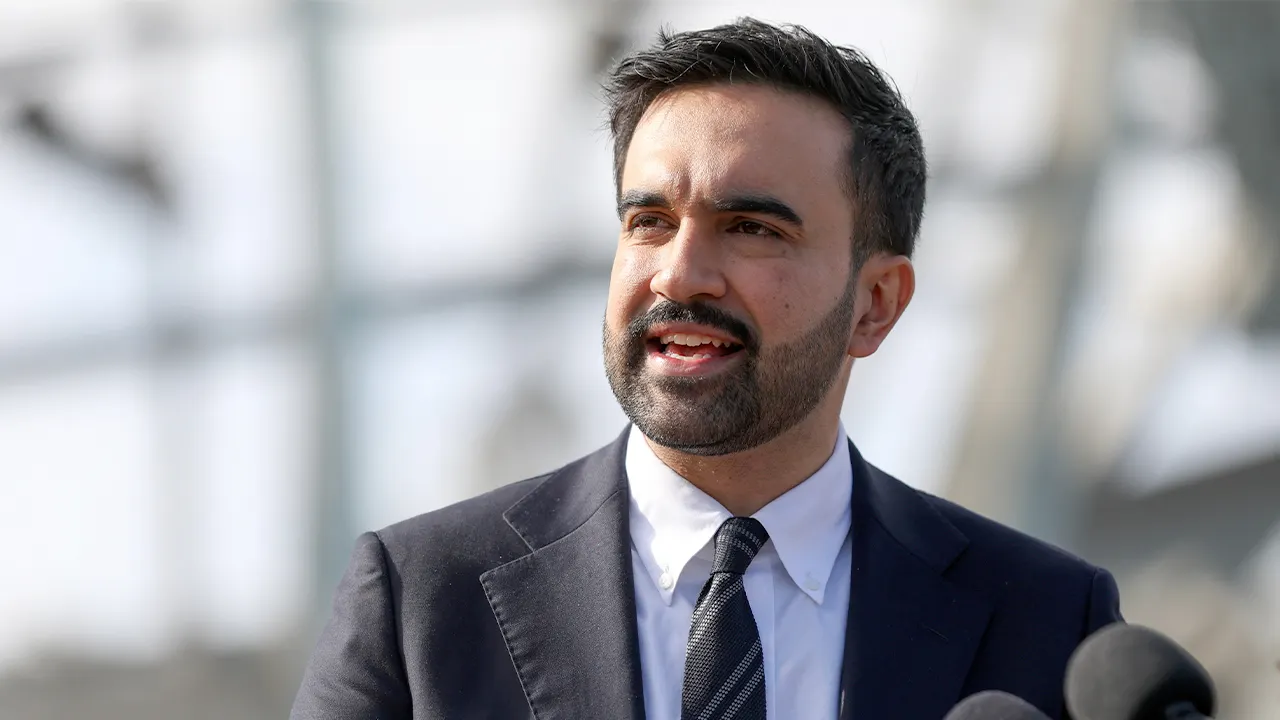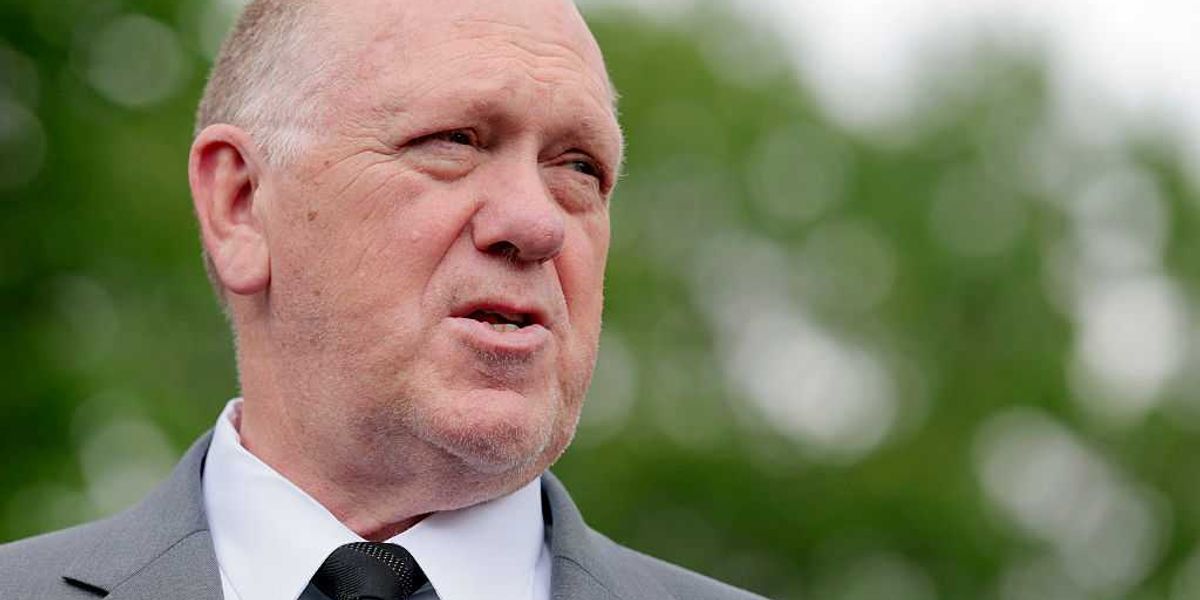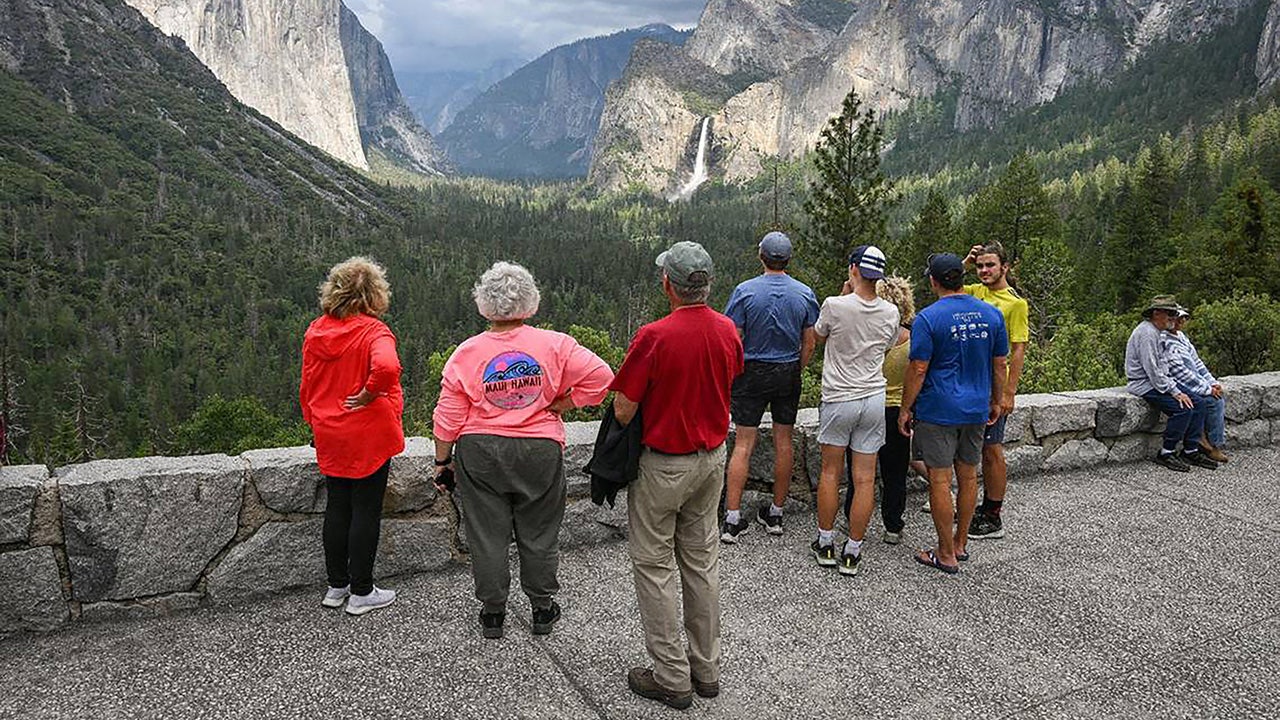The U.S. Supreme Court on Friday issued a 6-3 decision limiting the ability of federal district judges to issue nationwide injunctions, marking a significant win for President Donald Trump’s administration, which has faced more than two dozen such orders in the first five months of his second term.
The ruling drew attention not only for its legal implications, but also for past remarks made by Justice Elena Kagan, who dissented from the decision despite having previously criticized the overreach of single federal judges.
In a 2022 appearance at Northwestern University’s law school, Kagan told an audience, “It just can’t be right that one district judge can stop a nationwide policy in its tracks and leave it stopped for the years that it takes to go through the normal process.”
Trump’s Sovereign Wealth Fund: What Could It Mean For Your Money?
Kagan, appointed to the Court by former President Barack Obama, joined Justices Sonia Sotomayor and Ketanji Brown Jackson in dissenting from Friday’s ruling.
All three voted against the majority opinion, which limits district courts from halting federal policies nationwide unless necessary to protect plaintiffs in the specific case before them.
The decision is seen as a significant shift away from the rising trend of district judges issuing injunctions with nationwide scope—a legal tactic that has affected both Republican and Democratic administrations in recent years.
President Trump’s administration has been hit with at least 25 nationwide injunctions since he returned to the White House in January.
This Could Be the Most Important Video Gun Owners Watch All Year
The orders have temporarily blocked a range of executive actions on immigration enforcement, education policy, federal spending reforms, and more.
Commenting on the decision, Republican strategist Scott Jennings described it as a “great day” for the Trump administration.
During a panel discussion with CNN host Abby Phillip, who remarked that nationwide injunctions have been “sort of the bane of existence” for presidents from both parties, Jennings added, “I’m glad they went ahead and fixed it because it’s not right that one of these individual district court judges can act like a king or a monarch and stop the elected president from acting.”
The Court’s majority opinion was delivered by Chief Justice John Roberts, joined by Justices Clarence Thomas, Samuel Alito, Neil Gorsuch, Brett Kavanaugh, and Amy Coney Barrett.
The opinion emphasized the need to restore the traditional boundaries of judicial power and avoid what it described as “judicial policymaking” by lower courts with nationwide reach.
Legal analysts have noted that Friday’s ruling could reshape how lawsuits against the federal government proceed in the future.
Rather than allowing a single district court to halt a federal policy nationwide, the decision restricts such injunctions to only the parties involved in the case—unless broader relief is justified under specific legal standards.
While President Trump’s administration welcomed the ruling, liberal critics warned it could limit access to swift judicial relief in situations where policies may have widespread impact.
The dissenting justices argued that there are scenarios where broad injunctions are necessary to prevent harm beyond the immediate plaintiffs.
Still, the decision aligns with growing concern in legal circles over the increased use of nationwide injunctions—a tool that critics argue has allowed unelected judges to unilaterally block actions by the executive branch.
Justice Kagan’s earlier statements resurfaced quickly after the ruling.
Her 2022 remarks, delivered during a panel discussion at Northwestern University, stated: “It just can’t be right that one district judge can stop a nationwide policy in its tracks.”
Those comments drew criticism from conservatives following Friday’s vote.
“Just goes to show you that some of these folks really are hacks,” Jennings said in response.
Does anyone remember Justice Kagan being against nationwide injunctions when we had a DEMOCRAT President?
Pepperidge Farms remembers. pic.twitter.com/s31HUKrkNo
— Scott Jennings (@ScottJenningsKY) June 28, 2025
The Supreme Court’s ruling is expected to have immediate implications for ongoing legal battles surrounding President Trump’s policy initiatives, many of which have already faced legal roadblocks in lower courts.
Connect with Vetted Off-Duty Cops to Instantly Fulfill Your Security Needs
The opinions expressed by contributors and/or content partners are their own and do not necessarily reflect the views of LifeZette. Contact us for guidelines on submitting your own commentary.
Read the full article here


![Supreme Court Justice Kagan Exposed as a Partisan Hack Live on CNN [WATCH] Supreme Court Justice Kagan Exposed as a Partisan Hack Live on CNN [WATCH]](https://www.rvmnews.com/wp-content/uploads/2025/06/2025.06.29-03.20-rvmnews-686159c0430b6.jpg)









